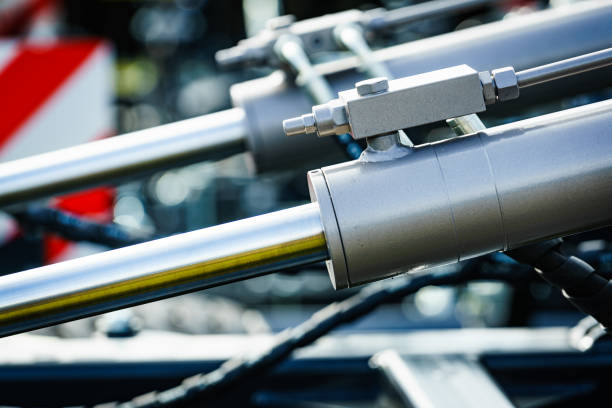Can you explain the differences between the pneumatic system and the hydraulic system? Which would you use, if you had a choice?
Employers ask queries about mechanical engineers' skills, needing you to have extensive knowledge and expertise in order to accurately identify the functions and duties of mechanical systems.The interviewer is assessing your technical knowledge of pneumatics and hydraulics, as well as your understanding of the advantages and disadvantages of various systems. They want to know that you are familiar with both sorts of systems and can explain why you choose one over the other. You will be able to pass this question if you provide a direct, to-the-point response with an easy-to-understand explanation.
Example answer:
A pneumatic system is a network of interconnected components that use compressed air to perform tasks for automated equipment. Examples include industrial production, a residential garage, and a dentist's office. This work is created using linear or rotating motion. Furthermore, hydraulics is a mechanical function that works with the force of liquid pressure. Mechanical movement is created in hydraulics-based systems by confined, pumped liquid, often by hydraulic cylinders moving pistons.
If everything else was equal, I'd go with pneumatics. Pneumatic systems are less expensive and move more quickly. They are less untidy if they leak than a hydraulic system, which would spill oil or water. For these reasons, I would choose pneumatics over hydraulics, but each project is different, and other considerations may make hydraulics the chosen solution.












